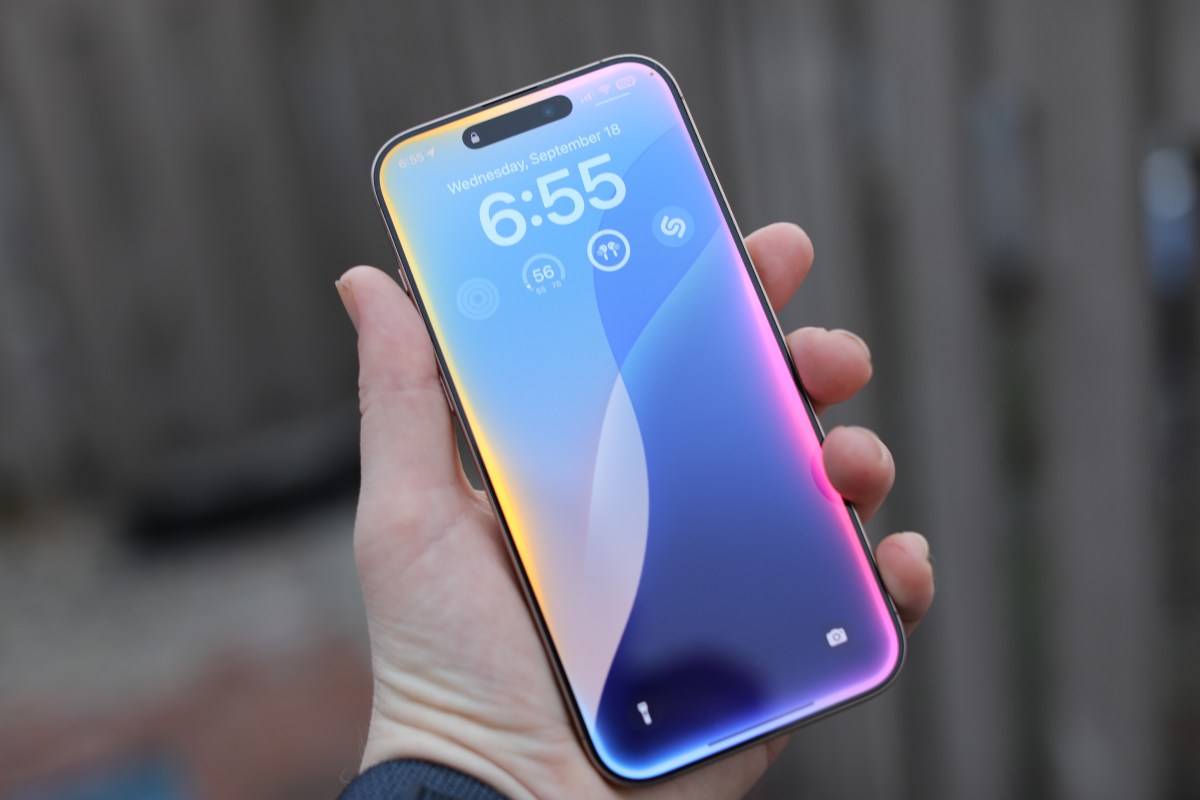At this year’s Worldwide Developers Conference (WWDC 25), Apple unveiled a range of updates to its operating systems and software, introducing a fresh design termed “Liquid Glass” along with a new naming convention. However, the tech giant remained surprisingly tight-lipped about one highly anticipated feature: an AI-enhanced, more personalized version of Siri, initially announced at last year’s event.
During the keynote address, Craig Federighi, Apple’s Senior Vice President of Software Engineering, offered only a fleeting mention of the Siri project. He stated, “As we’ve shared, we’re continuing our work to deliver the features that make Siri even more personal. This work needed more time to reach our high-quality bar, and we look forward to sharing more about it in the coming year.” The phrase “coming year” suggests that Apple may not roll out news on this front until 2026, a significant delay in the rapidly evolving AI landscape.
Originally unveiled at WWDC 24, the revamped Siri aims to incorporate artificial intelligence features into the virtual assistant found on iPhones and other Apple devices. Apple had previously characterized this initiative as the “next big step for Apple,” highlighting that the improved Siri would better understand user contexts, including relationships, communications, and daily routines. Additionally, users could engage more effectively with apps through the assistant.
Reports from Bloomberg indicated that while an in-development version of the upgraded Siri showed potential, it struggled with consistent functionality. The assistant was reportedly only performing as expected two-thirds of the time, rendering it unsuitable for release. In March, Apple officially announced a delay, revealing that the Siri update would take longer than anticipated. In a strategic shift, John Giannandrea, SVP of Machine Learning and AI Strategy, was reassigned from the Siri project, with Mike Rockwell—who previously worked on Vision Pro—taking over.
This restructuring highlighted Apple’s attempt to regain momentum following the setback and raised concerns among investors regarding the company’s AI capabilities in comparison to competitors like OpenAI, Google, and Anthropic.
To bridge the gap until the full Siri update is realized, Apple has collaborated with OpenAI, allowing users to redirect questions Siri cannot answer to ChatGPT. Furthermore, with the anticipated iOS 26 release, Apple has enhanced its AI image generation app, Image Playground, to utilize ChatGPT’s capabilities as well.
At this year’s WWDC, the company also reiterated its commitment to AI advancements by announcing developer access to on-device foundation models, live translation features, enhancements to Genmoji, improvements in Visual Intelligence, an AI “Workout Buddy” for Apple Watch, AI integration in Xcode, and an upgraded AI-powered version of its Shortcuts app for automation and scripting.

